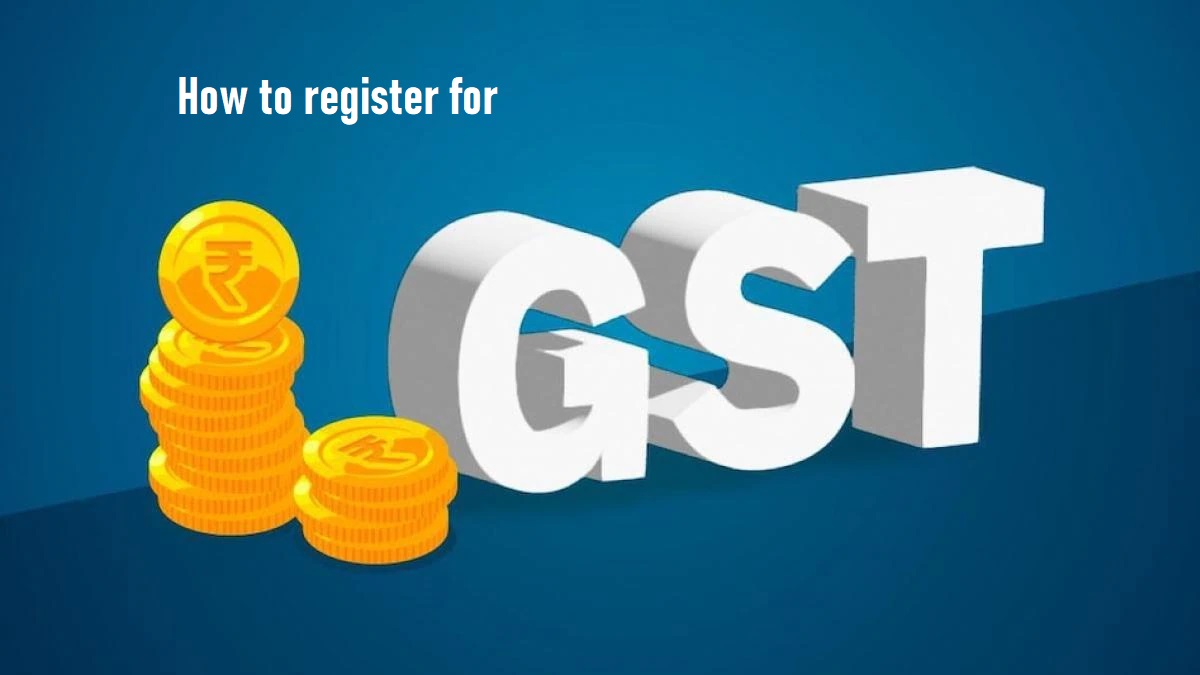Goods and Services Tax (GST) registration is a mandatory process for businesses and individuals who supply goods or services in India, through which a unique Goods and Services Tax Identification Number (GSTIN) is assigned to a business or individual.
As per the Goods and Services Tax (GST) laws in India, any person or business entity that engages in the supply of goods or services, either within the state or inter-state, with a turnover exceeding the prescribed threshold limit, should apply to obtain GST registration.
The threshold limit for GST registration is currently set at Rs. 20 lakhs of annual turnover for most states in India. But for certain special category states, the threshold limit is Rs. 10 lakhs. In addition, certain categories of businesses such as e-commerce operators, non-resident taxable persons, and businesses engaged in the supply of goods or services through an electronic platform are required to obtain GST registration regardless of their turnover.

It’s important to note that even businesses that are not required to obtain GST registration due to their turnover or business category may opt to register for GST voluntarily. This can be beneficial for businesses as it allows them to claim the put tax credit on purchases and can enhance their credibility among customers and suppliers.
Process for online GST application:
GST registration involves submitting the required information and documents such as PAN card, Aadhaar card, proof of business registration, bank account details, and address proof. The registration process can be completed online through the GST portal or through a GST Suvidha Provider (GSP) or Application Service Provider (ASP).
GST verification Once the GST registration application is submitted, it is verified by the GST authorities. Upon successful verification, a GSTIN is assigned to the applicant, and the registration certificate is issued. The GST registration certificate contains the GSTIN, the business or individual’s name and address, the date of registration, and the type of registration (regular or composition scheme).
Issuance of GSIN number: After the registration and verification; a business or person obtains GST registration, they are issued a unique Goods and Services Tax Identification Number (GSTIN) which is used for all GST-related activities including filing of GST returns, payment of taxes, and availing of input tax credit.
Once registered, businesses and individuals are required to file regular GST returns and pay taxes on time-based on their GST liabilities to avoid legal consequences or penalties.







